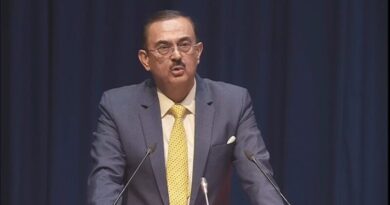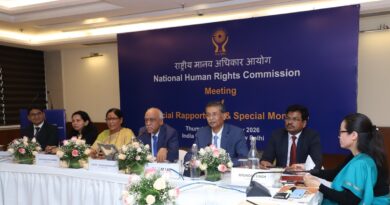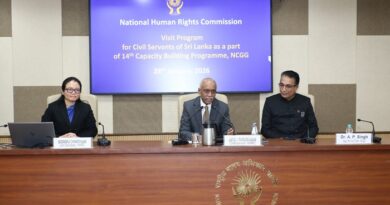CJI D.Y. Chandrachud Defends Senior Advocate Designations Amid Criticism: A Call for Inclusivity & Excellence
(Judicial Quest News Network)
In a thought-provoking address at the inaugural International Supreme Court Advocates on Record (SCAORA) Legal Conference in Goa, Chief Justice of India D.Y. Chandrachud responded to recent criticisms regarding the system of designating senior advocates. The controversy followed the Supreme Court’s decision in August to designate 39 lawyers as senior advocates, sparking debates about the transparency and inclusiveness of the selection process.
CJI Chandrachud emphasized that the current designation system aims to break down barriers, allowing more lawyers to excel in their careers. He noted that some detractors have questioned the qualifications of recently designated seniors, suggesting that many had yet to establish significant workloads. In response, he asserted, “The purpose of this broad designation is to create a platform for others to excel, rather than to serve as a benchmark of excellence itself.”
Reflecting on the historical context, the Chief Justice explained that the previous system of secret voting by the full Court limited opportunities for many talented lawyers. He stressed the need for an open system that conveys to the legal community—especially to women lawyers—that advancement is attainable. “We want the bar to understand that aspiring for improvement should not be hindered by the perception that senior designations are reserved for a closed group,” he stated.
The current process, introduced in 2017 following the landmark Indira Jai Singh case, allows eligible lawyers to apply for senior designation and be evaluated based on a point system. This approach was designed to foster a more inclusive atmosphere, as CJI Chandrachud pointed out, mitigating the fears that seniority is reserved solely for a select few.
During the conference, discussions also arose about potential reforms to the designation process. Some participants advocated for a return to the older system of secret voting for exceptional cases, while others suggested that a new formula could involve input from senior judges and bar members. This could allow for a more holistic assessment of a lawyer’s contributions to jurisprudence and the court.
CJI Chandrachud further illustrated the significance of well-prepared legal documents, recounting an instance where he praised his law clerk for thorough research on a complex case. He highlighted the importance of well-drafted petitions in expediting judicial processes, expressing gratitude for the efforts of all lawyers involved.
The SCAORA conference, commemorating the 75th anniversary of the Supreme Court of India, serves as a vital platform for legal professionals to exchange ideas and best practices. This year’s agenda includes critical contemporary issues such as the transformative nature of the Constitution, environmental law, privacy rights, and even the intersection of law and humor.
In conclusion, CJI Chandrachud’s remarks not only defended the current system of senior advocate designations but also underscored a broader vision for a legal community that champions inclusivity, opportunity, and continuous improvement.




